All art is quite useless
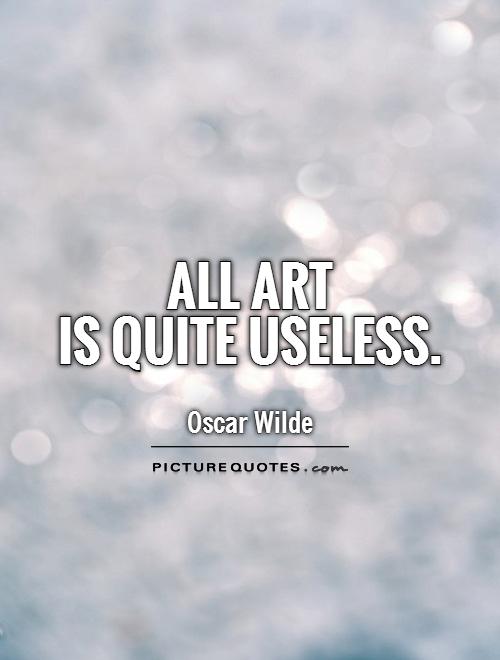
All art is quite useless
Oscar Wilde, the renowned Irish playwright, novelist, and poet, is often quoted as saying, "All art is quite useless." This statement has sparked much debate and discussion among scholars, artists, and critics alike. Wilde's words seem to suggest that art serves no practical purpose and exists solely for its own sake. However, upon closer examination, it becomes clear that Wilde's assertion is not meant to diminish the value of art, but rather to highlight its unique and intrinsic worth.Wilde's statement can be interpreted as a rejection of the idea that art must have a utilitarian function in order to be considered valuable. In a society that often prioritizes productivity and efficiency, Wilde's words serve as a reminder that art has its own inherent value that transcends any practical considerations. Art has the power to evoke emotions, provoke thought, and inspire creativity in a way that is distinct from any other form of human expression. It allows us to connect with our deepest selves and with others in a way that is both profound and meaningful.
Furthermore, Wilde's assertion can be seen as a critique of the prevailing attitudes towards art in his time. In the late 19th century, art was often viewed as a commodity to be bought and sold, rather than as a form of self-expression or cultural enrichment. Wilde's words challenge this commercialized view of art and call attention to the importance of valuing art for its own sake, rather than for its market value.
In addition, Wilde's statement can be understood as a celebration of the autonomy and independence of art. By declaring art to be "quite useless," Wilde is asserting the freedom of artists to create without constraints or expectations. Art does not need to serve a practical purpose or fulfill a specific function in order to be considered valid or valuable. It exists for its own sake, as a reflection of the human experience and a testament to the power of creativity.
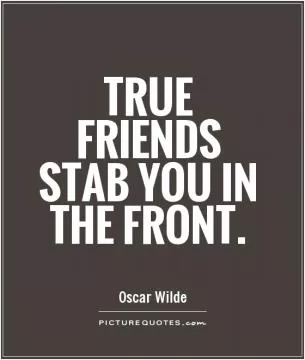




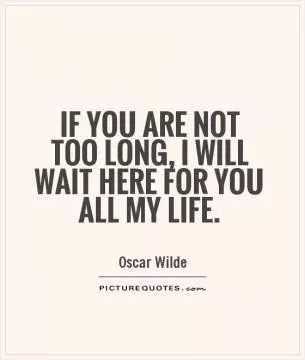
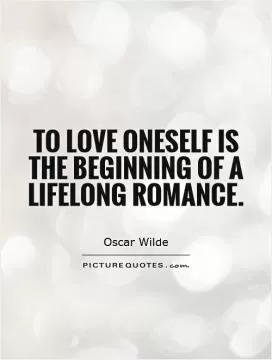

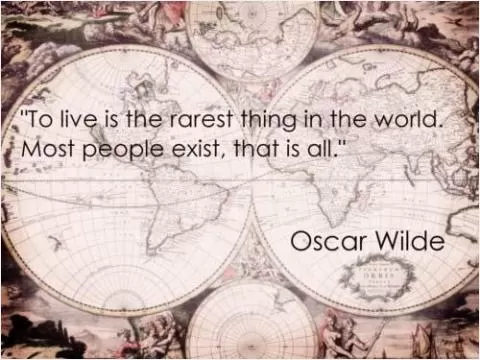
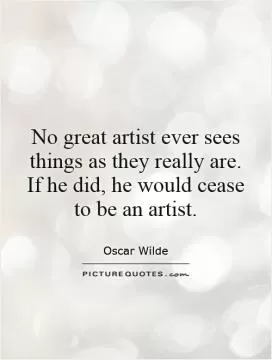

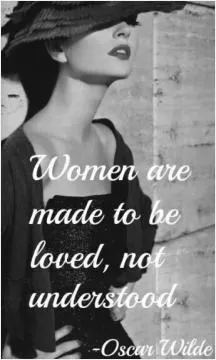
 Friendship Quotes
Friendship Quotes Love Quotes
Love Quotes Life Quotes
Life Quotes Funny Quotes
Funny Quotes Motivational Quotes
Motivational Quotes Inspirational Quotes
Inspirational Quotes